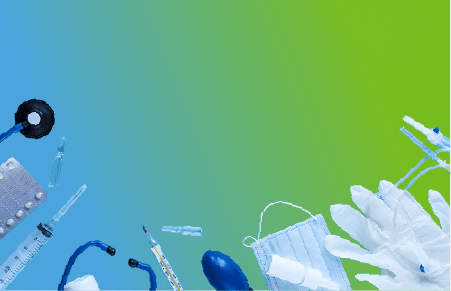Article
Survey Shows How Non-Acute Providers Responded to COVID-19 Reopenings

A Provista member survey reveals how non-acute healthcare facilities were impacted by and responded to the coronavirus.
Learn about how members such as surgery centers, clinics, long-term care facilities and even home infusion agencies have been dealing with disruptions to usual business due to COVID-19. Also, discover the products and services that have been essential to operation as well as what preparations and operational changes are being made to deal with the pandemic potentially long term.

How ambulatory surgery centers (ASC) prioritized specialties upon reopening:
- Patient cases that were cancelled
- Urgent cases
- Age restrictions–seeing elderly patients early in the day
What items and services have you started purchasing or are you looking to purchase that have not been traditionally part of your inventory?
ASC:
- Anesthesia viral filters
- Hand sanitizer stands
- Screening tests
- N95 masks
Full personal protection equipment (PPE)
Diagnostic imaging:
- PPE
- Sneeze guards
- Hand sanitizers
- Touchless thermometers
Long-term care:
- Powered air purifying respirators
- Face shields/masks
- Hand sanitizer
What shortages aside from PPE and disinfecting products would keep you from operating or taking on new patients?
ASC:
- Custom packs
- IV solutions/supplies
- Testing supplies
- Medications
Diagnostic imaging:
- Contrast media
- IV solutions
- Alcohol pads
Clinics and urgent care:
- MDI spacers
- Swabs used for collection of specimens for coronavirus testing
- Drugs and fluids
- Temperature probe covers
- Disinfecting supplies
- Full staff
- Patient gowns
- Table covering paper
- Other medical supplies (e.g., casting material, splints, injection medications, etc.)
Home infusion:
- Raw material availability
- IV solutions
Long-term care:
- Ventilators
What supplies are you stockpiling in anticipation of a second wave?
Clinics and urgent care:
- PPE
- Hand sanitizers
- Disinfectants
- Drugs and fluids
- Thermometers
- Patient gowns
What scheduling modifications have to be made in response to reopening?
Clinics and urgent care:
- Seeing only patients in the facility who require an in-person visit
- Allowing specific procedures only
- Slow ramp up as social distancing measures relax
- Reduced schedules to minimize the number of people in the office



